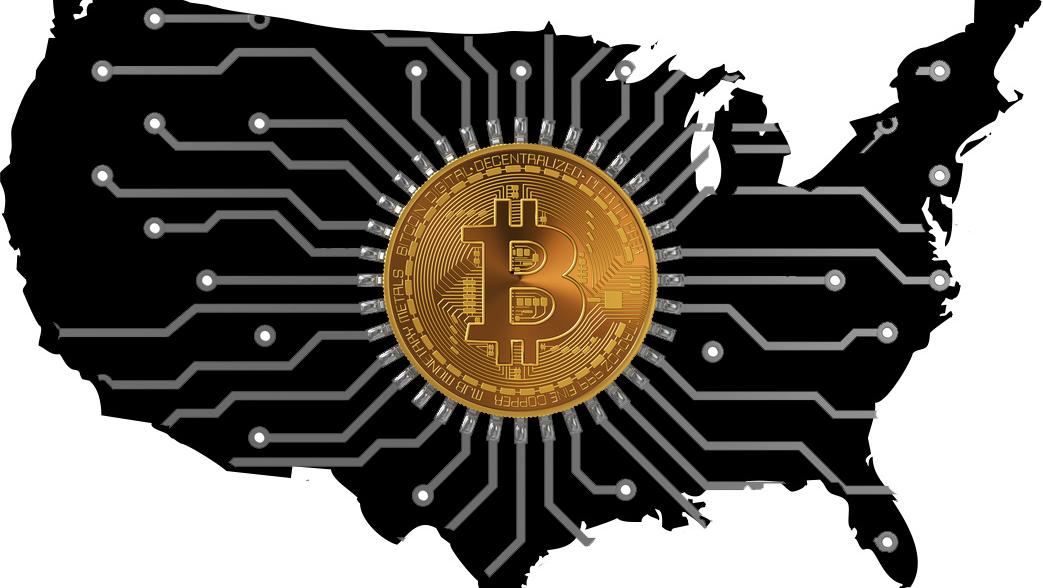PALO ALTO, Calif. (Reuters) - The Federal Reserve is taking a look at a broad variety of concerns around digital payments and currencies, consisting of policy, style and legal factors to consider around possibly providing its own digital currency, Governor Lael Brainard said on Wednesday. Brainard's remarks suggest more openness to the possibility of a Fed-issued digital coin than in the past." By changing payments, digitalization has the possible to provide higher worth and convenience at lower cost," Brainard said at a conference on payments at the Stanford Graduate School of Service.
Central banks internationally are discussing how to manage digital financing technology and the dispersed journal systems used by bitcoin, which guarantees near-instantaneous payment at potentially low cost. The Fed is establishing its own day-and-night real-time payments and settlement service and is presently evaluating 200 remark letters sent late in 2015 about the proposed service's style and scope, Brainard stated.
Less than two years ago Look at this website Brainard told a conference in San Francisco that there is "no compelling showed need" for such a coin. However that was prior to the scope of Facebook's digital currency aspirations were widely known. Fed officials, consisting of Brainard, have raised concerns about consumer securities and data and personal privacy threats that might be positioned by a currency that might come into usage by the 3rd of the world's population that have Facebook accounts.

" We are collaborating with other central banks as we advance our understanding of reserve bank digital currencies," she stated. With more countries checking out providing their own digital currencies, Brainard stated, that adds to "a set of reasons to likewise be ensuring that we are that frontier of both research study and policy development." In the United States, Brainard said, issues that need study include whether a digital currency would make the payments system much safer or simpler, and whether it could present monetary stability dangers, consisting of the possibility of bank runs if cash can be turned "with a single swipe" into the main bank's digital currency.
To counter the monetary damage from America's unmatched national lockdown, the Federal Reserve has actually taken extraordinary steps, including flooding the economy with dollars and investing directly in the economy. Many of these relocations got grudging acceptance even from numerous Fed doubters, as they saw this stimulus as needed and something only the Fed could do.
My brand-new CEI report, "Government-Run Payment Systems Are Unsafe at Any Speed: The Case Against Fedcoin and FedNow," details the threats of the Fed's present prepare for its FedNow real-time payment Discover more system, and proposals for central bank-issued cryptocurrency that have been called Fedcoin or the "digital dollar." In my report, I go over issues about personal privacy, data security, currency manipulation, and crowding out private-sector competitors and innovation.
Supporters of FedNow and Fedcoin state the government must develop a system for payments to deposit instantly, rather than motivate such systems in the economic sector by raising fedcoin vs bitcoin regulative barriers. However as kept in mind in the paper, the economic sector is supplying an apparently unlimited supply of payment innovations and digital currencies to fix the problemto the level it is a problemof the time space in between when a payment is sent and when it is received in a bank account.
And the examples of private-sector development in this location are lots of. The Clearing House, a bank-held cooperative that has actually been routing interbank payments in different kinds for more than 150 years, has been clearing real-time payments considering that 2017. By the end of 2018 it was covering 50 percent of the deposit base in the U.S.